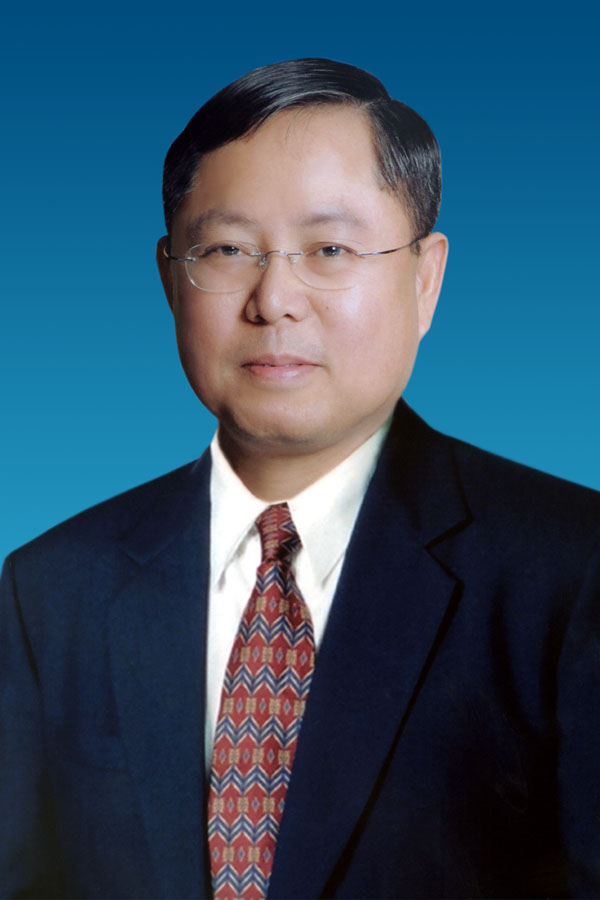Parayno, 3 others join Veterans Bank
MANILA, Philippines–Following the appointment of former Finance Secretary Roberto de Ocampo as its new chair, Philippine Veterans Bank has enlisted to its boardroom four new prominent directors, including former Bureau of Internal Revenue and Customs chief Guillermo Parayno.
PVB also announced on Monday the following new board members: Judith Lopez, Chairman of Isla Lipana & Co. (Philippine member firm of PricewaterhouseCoopers), and concurrently President of the Financial Executives Association of the Philippines (FINEX); Nieves Confesor, Dean of the Asian Institute of Management and former Labor Secretary; and veteran banker Alfonso “Boy” Cruz, formerly with the Land Bank of the Philippines and the Development Bank of the Philippines.
In a statement, De Ocampo said the entry of these four new members into PVB’s boardroom would help in pursuing bank-wide strategic directives that would put the bank into a more relevant position in the local banking industry.
“I cannot over-emphasize the fact that with names like these and with the names of other board members that are still with us who are also in their own right outstanding members of the community, you have a leadership of the bank that is second to none,” De Ocampo said.
Under his leadership, De Ocampo seeks to revitalize the medium-sized commercial bank to be an active major player in the banking industry in both local and regional markets.
“I’d say we have established a board that is going to signal to the community that this bank intends to be a major player in banking,” de Ocampo said.
PVB is a private commercial bank owned by some 400,000 World War II veterans and their heirs. De Ocampo himself is also a son of a Filipino World War II veteran.
During his stint as Finance Secretary, De Ocampo was credited for turning around the Philippine government’s fiscal position from large deficits to surpluses. His term saw the longest period of consecutive years of fiscal surpluses in the Philippines. It was during also his term that the key features of country’s investment liberalization and privatization strategies were designed and implemented.
